The Vital Importance of Sleep for Our Well-Being
Written on
Chapter 1: The Sleep Dilemma
It was 10 PM, and I found myself pondering a decision: should I go for a run or not?
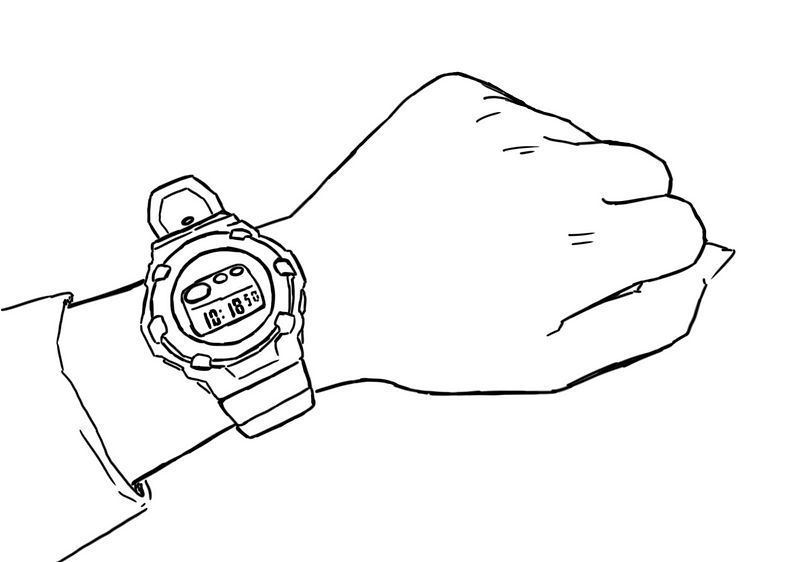
Earlier that day, I had promised myself a workout, but work obligations consumed my time. After sitting at my desk all day to meet an urgent deadline, I felt drained, yet my step count barely hit 3109, far from my target of 10,000 steps. I wrestled with my inner critic, reminding me of my health aspirations. The frustration grew; I believed I was doing everything right—eating whole foods and exercising regularly—but results were elusive. My inner voice scolded me for not trying hard enough.
These thoughts echo my past mindset. I mistakenly assumed that pushing harder was the key to better health. I criticized myself for not exercising intensely enough or for indulging too much, failing to recognize the detrimental cycle I was trapped in. I was eating well and exercising adequately, yet I overlooked a crucial element of my health journey: the importance of rest.
Sleep Deprivation and Weight Gain
First and foremost, adequate sleep is essential for weight management—this is a well-established fact. There are clear intuitive and less obvious reasons why rest is vital for our overall health. One widely recognized reason is that sleep deprivation increases the likelihood of overeating, primarily due to stress on our bodies. Not only do we tend to overeat, but we also gravitate toward high-fat and sugary snacks.
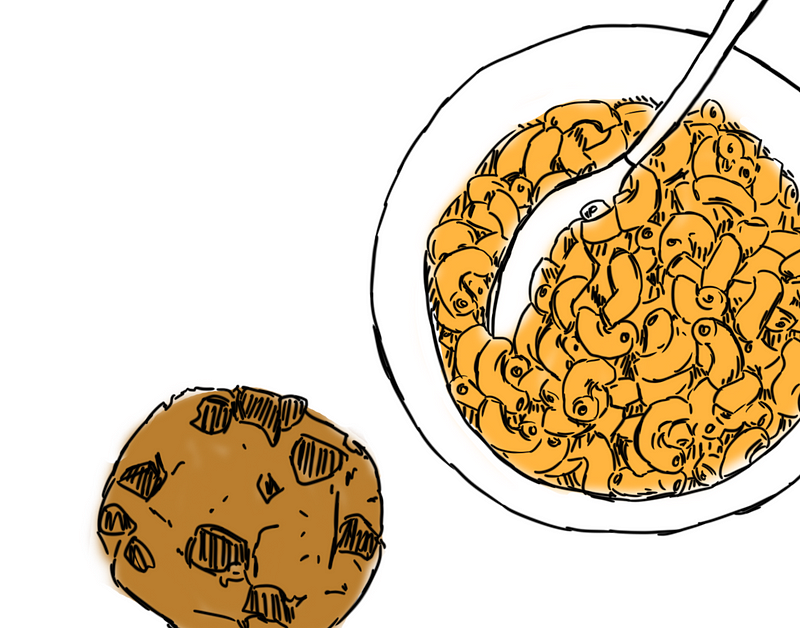
This tendency is largely influenced by two hormones: leptin and ghrelin. Leptin signals fullness, while ghrelin triggers hunger. Research led by Dr. Eve Van Cauter revealed that individuals who only managed four to five hours of sleep a night exhibited significantly higher hunger levels than those who enjoyed eight hours or more (Spiegel, Tasali, Penev, & Van Cauter, 2004). The findings indicated that sleep deprivation disrupts leptin production while elevating ghrelin levels, leading to overeating and an increased risk of weight gain.
Our bodies typically excel at maintaining balance—when functioning optimally, our hormones correctly signal when we need food. However, sleep deprivation disrupts this equilibrium, causing our bodies to misinterpret hunger cues, leading to overeating.
Debunking the Myth: Sleep Loss and Caloric Burn
You may have heard the misconception that sleep deprivation helps burn extra calories. Is it true that our bodies expend more energy while staying awake, thus countering the hormonal imbalances?
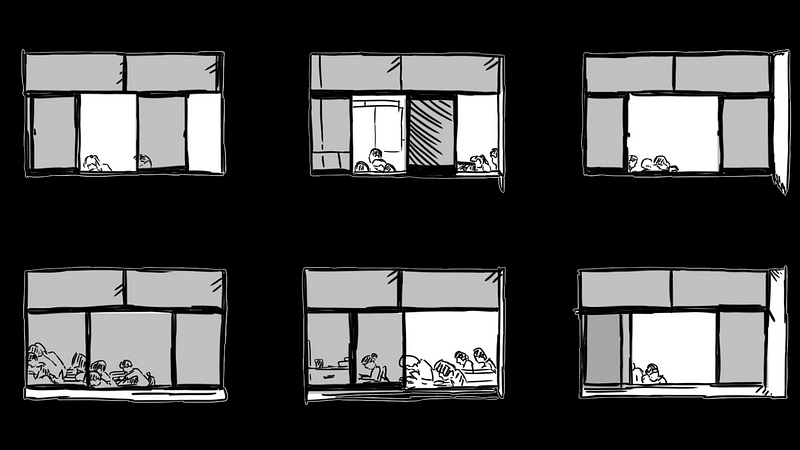
Unfortunately, this belief is unfounded. In reality, staying awake for 24 hours only results in burning an additional 147 calories (Walker, "Why We Sleep", p.175)—equivalent to less than a cup of yogurt. Contrary to common belief, the metabolic rates during sleep and wakefulness are remarkably similar.
The Impact of Sleep on Exercise Performance
It's intuitive that sleep deprivation hinders our ability to exercise effectively. Even on days when we haven't engaged in physical activity, lack of sleep leaves us feeling fatigued. Sleep-deprived brains are less inclined to exercise, and even when we force ourselves to work out, our performance suffers significantly. Consequently, while we may push ourselves mentally, we burn far fewer calories than we would after a restful night.
Thus, sleep deprivation negatively affects our workout efforts from two angles: we work harder during exercise, yet the effectiveness of those workouts is considerably reduced.
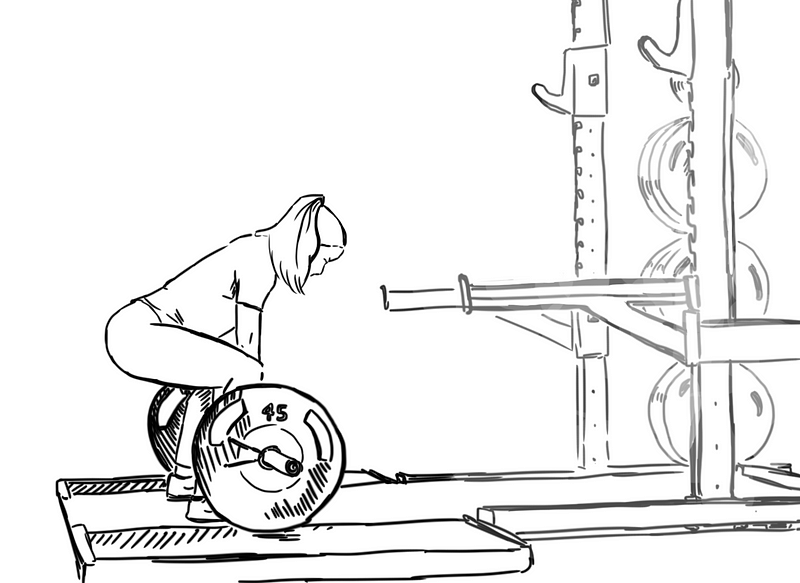
The Connection Between Sleep and Gut Health
Ah, the gut—often referred to as our "second brain." Recent studies have explored how sleep affects metabolic health, revealing that insufficient sleep can lead to an unhealthy gut microbiome, which in turn increases the risk of insulin resistance and metabolic diseases (Parkar, Kalsbeek, & Cheeseman, 2019; Mazidi, Rezaie, Kengne, Mobarhan, & Ferns, 2016).
Sleep restores our parasympathetic nervous system, facilitating a "rest and digest" state that fosters a thriving environment for gut bacteria. Conversely, a lack of sleep thrusts us into a sympathetic state—our "fight or flight" response—where cortisol disrupts the growth of healthy bacteria, leading to digestive issues and impaired nutrient absorption. When our bodies fail to absorb nutrients properly, they misinterpret this as insufficient food intake, prompting us to eat more and resist fat burning.
Even If You Eat Well, Lack of Sleep Impacts Weight Loss
Even with strong willpower to avoid empty-calorie snacks, sleep deprivation undermines our body's ability to manage calories, leading to undesirable weight loss. Dr. Matthew Walker's experiment demonstrated this effect. Two groups of adults followed the same strict, low-calorie diet for two weeks—one group was limited to five and a half hours of sleep, while the other enjoyed eight and a half hours. Although both groups lost weight, the sleep-deprived participants lost 70% of their weight as lean muscle mass rather than fat. In contrast, the well-rested group primarily lost fat (Walker, "Why We Sleep", p. 178).
When sleep-deprived, we are not only more prone to overeating, but even if we manage to restrict our intake, we still lose muscle mass instead of fat.
Embracing Rest and Prioritizing Sleep
In today's fast-paced world, getting enough sleep is often overlooked. Since our high school years, society has conditioned us to prioritize productivity over rest. Ironically, when we sacrifice sleep to be more productive, we compromise our health and well-being, ultimately making ourselves less effective in all areas of life.

I, like many others, have succumbed to this pressure, sacrificing countless nights of sleep in the pursuit of self-improvement. Looking back, I wish I had understood the significance of rest sooner in my health journey. The benefits of sleep extend beyond weight management; improved sleep enhances memory, creativity, and protects against conditions such as cancer, diabetes, and anxiety while promoting longevity.
Only when I recognized sleep as a fundamental component of health did my efforts in nutrition and exercise yield positive results. Rest is not a sign of weakness but rather a demonstration of self-respect and care for one's body. I hope I have conveyed the necessity of prioritizing rest and inspired you to take steps to enhance both the quality and quantity of your sleep.
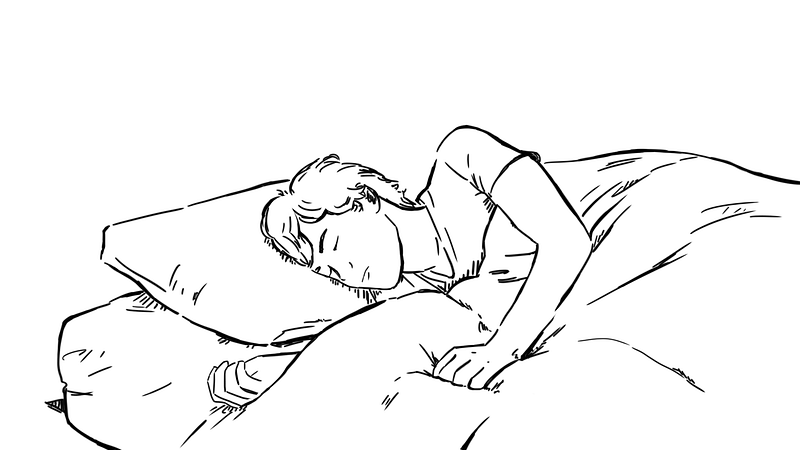
If you have any questions or thoughts, feel free to reach out to me at [email protected]! I enjoy hearing from my readers and would love to support you on your health journey.
Warm regards, Kaki